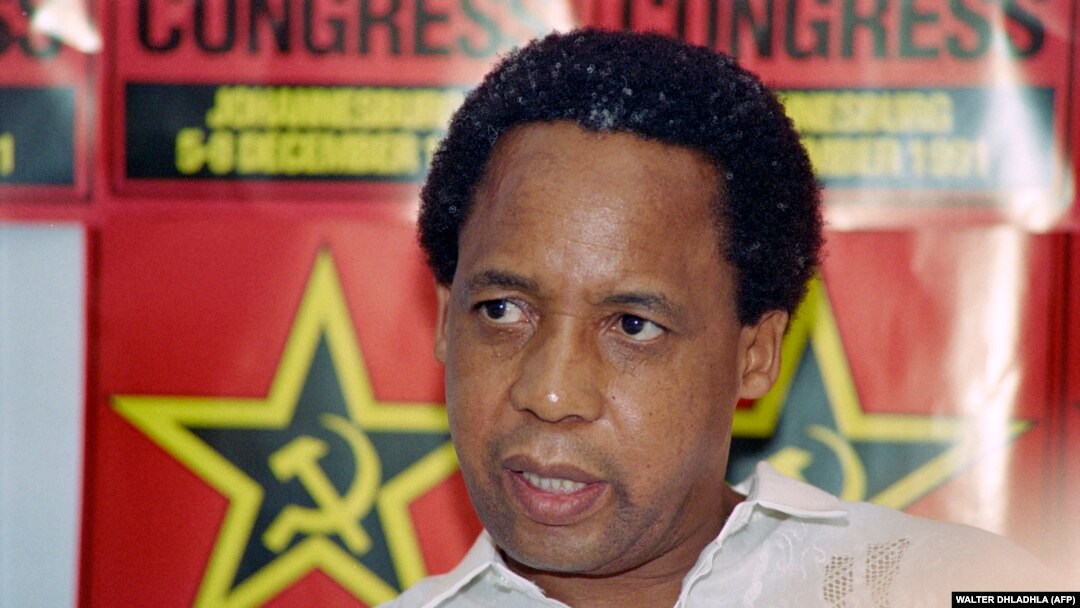A commemorative event is to take place on Monday morning near Boksburg, where Hani's tomb and memorial site are located.
"When (Hani) died, he sparked something in South Africa," political commentator Justice Malala, who has penned a book on the murder, told AFP.
"Chris Hani is almost the antidote of what South Africa has become," Malala said.
"He represents in the South African mind the idea of freedom and freedom fighters being, perhaps naively, people of high principle of integrity, of service."
On April 10, 1993, Chris Hani, a hugely popular anti-apartheid activist, was gunned down by a white supremacist - a killing that almost plunged the country into a race war and resounds to this day.
As anger within South Africa's black majority reached boiling point, Nelson Mandela appealed for calm on national television.
But the crisis also accelerated negotiations to end white rule, forcing the government to make concessions. A year later, South Africa held its first free, democratic, multi-racial elections.
The leader of the South African Communist Party (SACP) at the time of his death, Hani was of one the first to join Umkhonto we Sizwe (MK), the armed wing of the African National Congress (ANC) and he soon gained a reputation for challenging the ANC leadership.
"He always raised the issues of the ordinary soldiers," Solly Mapaila, the current head of the SACP told AFP.
After organizing and taking part in guerrilla operations abroad, he became MK's chief of staff and officially returned to South Africa after the ANC and the SACP were unbanned in 1990.
Aged 50, he was shot dead in the driveway of his home in eastern Johannesburg, by far-right Polish immigrant Janusz Walus.
Walus was released on parole in December last year in a decision described as "diabolical" by Hani's widow, Limpho.
This week, the SACP called for a fresh inquest into the murder.
"There were many... factors that were not properly investigated," Mapaila said. "We need to know the truth."
Mapaila is among some who believe Hani embodied a vision of radical transformation, including a redistribution of land and resources, that has faded from view.
Decades after the end of white rule, South Africa remains "a dual economy with one of the highest and most persistent inequality rates in the world," according to the World Bank.
The government's "addiction" to "liberal economic reforms" was "dishonouring" Hani's memory, said Mapaila, who has threatened to break up the SACP's decades-long alliance with the ANC if the latter does not agree to a more leftist economic agenda ahead of elections next year.


